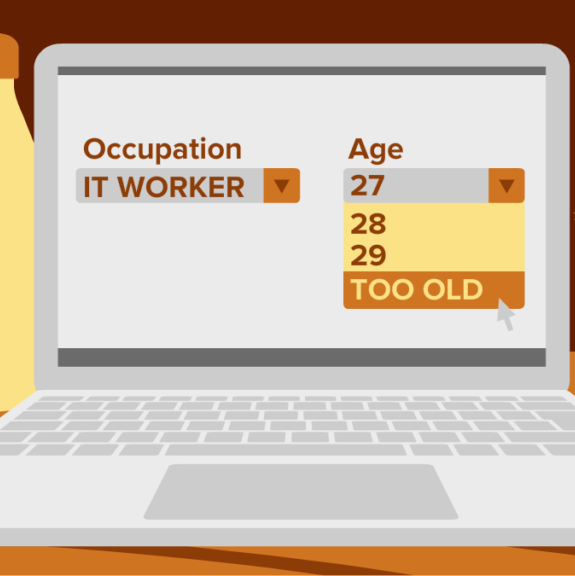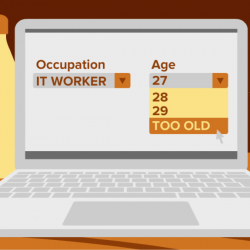December 30, 2019
Over 65s will drive half of all jobs growth in coming decade
 New projections from Rest Less, a jobs, volunteering and advice site for the over 50s, claims that workers aged 65 and over are likely to be responsible for at least 50 per cent of all UK employment growth in the next 10 years. The analysis, based on population projections from the Office of National Statistics, makes an assumption that the current employment rate of each age group will remain static, and suggests that with population changes alone, the over 65s are likely to be responsible for 52 per cent of all the UK’s employment growth in the next 10 years, 57 per cent in the next 20 years and as much as 62 per cent by 2060. (more…)
New projections from Rest Less, a jobs, volunteering and advice site for the over 50s, claims that workers aged 65 and over are likely to be responsible for at least 50 per cent of all UK employment growth in the next 10 years. The analysis, based on population projections from the Office of National Statistics, makes an assumption that the current employment rate of each age group will remain static, and suggests that with population changes alone, the over 65s are likely to be responsible for 52 per cent of all the UK’s employment growth in the next 10 years, 57 per cent in the next 20 years and as much as 62 per cent by 2060. (more…)





































January 3, 2020
Burnout remains a risk for workers of all generations
by Brendan Street • Comment, Wellbeing